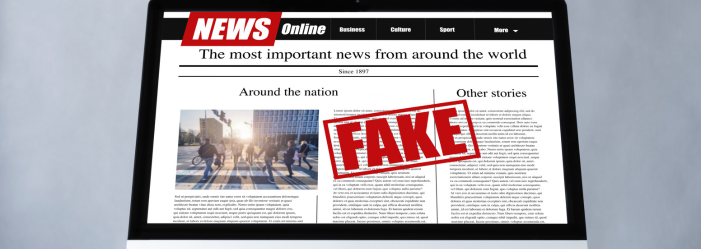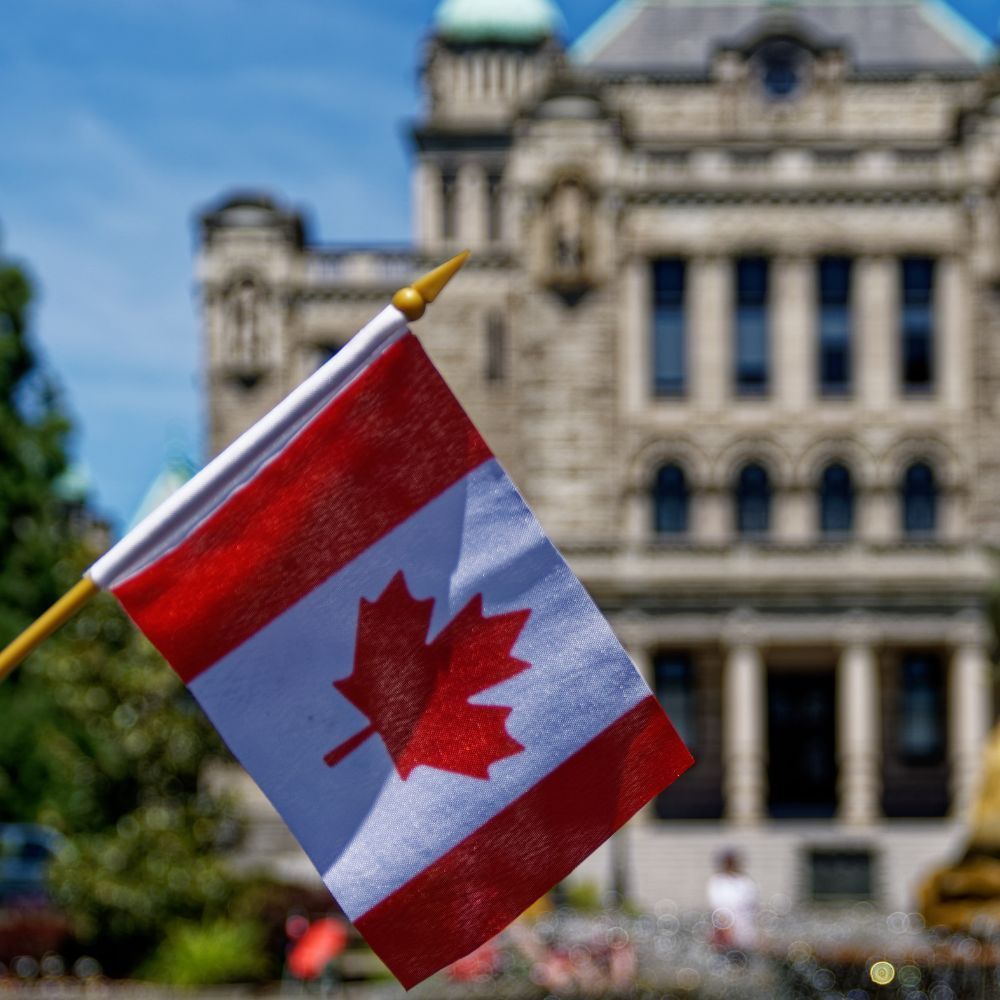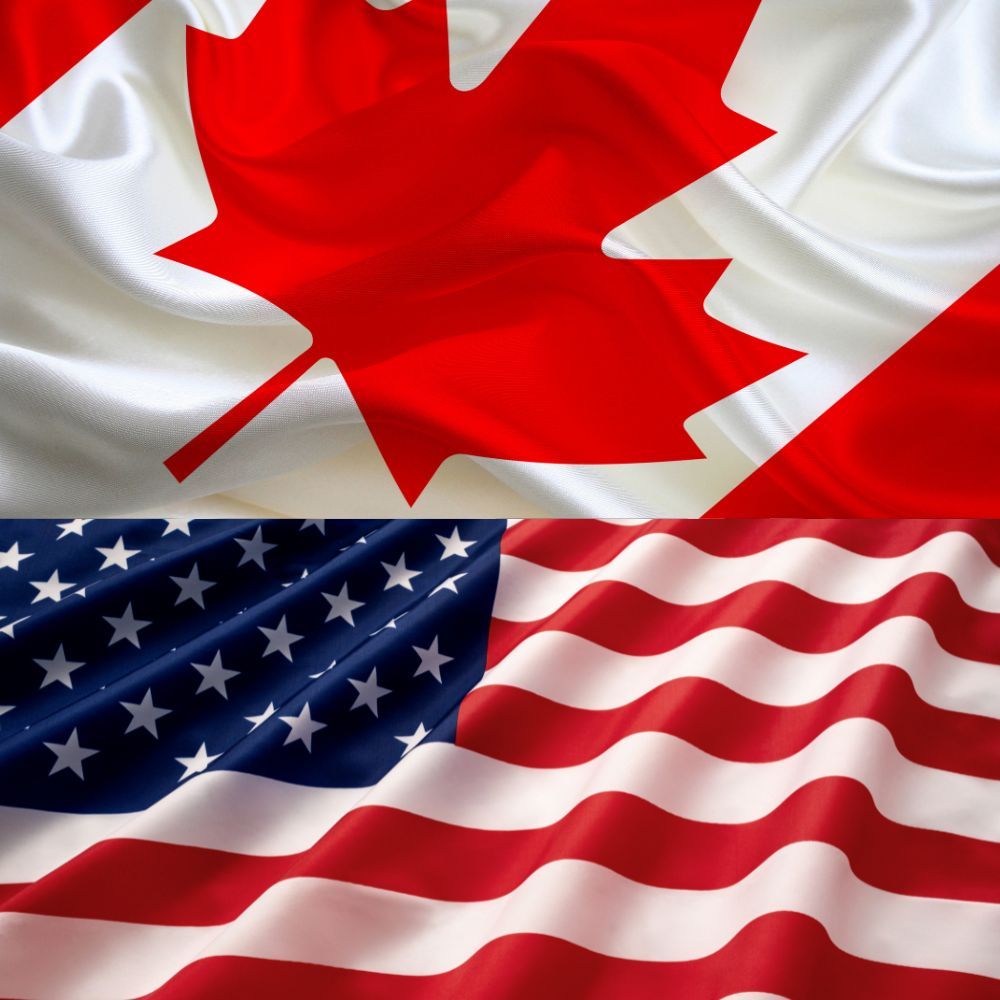Fake News And Politicians’ Lies Find Believers In Ill-Informed Public
The rise of social media as an unreliable news source and the precipitous decline of traditional news media serves as an answer to the question: How is it possible that so many people believe the outright lies of politicians and the frightening spread of disinformation?

To be presumptuous, if the New York Times and other major authoritative media were the only source of information for the vast majority of Americans, the ongoing lies of Donald Trump would have little currency. The same might be said for our own Pierre Poilievre who disdains regular, “mainstream” media, and relies heavily on social media channels and YouTube to disseminate his message. Consider if Canadians relied on the Globe and Mail and other major other national “traditional” media who analyze economic trends and causes independently, Poilievre would not have the power or willing audience to blame Justin Trudeau for the current unaffordability crisis.
Andrew MacDougal, Prime Minister Harper’s director of Communications put it this way in an insightful article for The Line: “The House (the mega social media sites) actually
prefers and privileges
the crank’s counterfeit currency. It’s cheaper to make, it goes viral more often, it keeps more people engaged for longer on their platforms…Quality doesn’t count in the online information casino… Why stay hemmed in by truth when you can invent a vastly more entertaining “Pope endorses Trump”
fiction? Whatever keeps us stuck in the casino. We stay, they sell ads, we go broke. Say it with me: the House always wins.” This is how it is in the information age we now live in.“ Not news but Clickbait and controversy.
Perhaps the most horrific inflation of a fake story occurred in 2016, when it was alleged that Democratic Party nominee Hillary Clinton and her chief of staff, John Podesta, were operating a child sex ring out of a pizza parlour’s basement in Washington, DC. What started as internet rumour quickly became a social media trend. The hashtag #pizzagate went viral as thousands of accounts tweeted “evidence” both for and against the story.
Political lies may be appealing because they deliver a moral narrative or confirm sentiments that people already hold. A study in Social Psychological and Personality Science+
suggests people have more leniency for politicians' lies when they bolster a shared belief that a specific political stance is morally right. “It appears to be because those lies are perceived by supporters as an acceptable and perhaps necessary means to achieve a higher moral end,” says the lead author of the study. “A troubling and timely implication of these findings is that political figures may be able to act in corrupt ways without damaging their images, at least in the eyes of their supporters.”
The other fact worth noting about the amplification on social media of the most controversial and startling stories including fake ones is that once you pull up a few of these on your phone or computer an algorithm kicks in that makes sure you get more like it. Unwillingly and likely unknowingly you become a target for political lies and fake news.
In a prescient Policy Magazine in 2017 Andrew Potter described the transformation of news consumption this way: “A journalist was someone who worked for a media organization that had formal and effective procedures for ensuring transparency, accuracy, correction of errors and basic accountability, and this fact alone provided a considerable degree of what we might as well call consumer protection. Then along came the internet, blogging platforms, social media, smart phones with cameras and video and editing and publishing apps, and suddenly anyone on the street has more publication power, in terms of platform diversity and potential audience reach, than the entire New York Times newsroom of just 25 years ago. Add to this the cult of the ‘citizen journalist’ and the now-discredited late-1990s cant about the democratizing power of the internet, and you get people seriously claiming that ‘everyone is a journalist.’ Journalism has been effectively de-institutionalized because those consumer protections are no longer in place. There is no longer any way of ensuring that we can trust the news.”
Canada is not immune from the power of an untrue story which now passes as the truth given its widespread amplification in alternate media. This is evident in the claim by Pierre Poilievre that the Carbon Tax imposes major costs on all Canadians. In Winnipeg last month he made his case on the cost of the tax standing near two trucks: "Everything transported in these trucks becomes more expensive because of the Trudeau tax on carbon and on diesel." His endless “Axe the Tax” campaign ignores the fact that numerous analyses over the years have shown that most households receive more in rebates than they pay in direct and indirect carbon-tax costs. He promises that there will be a carbon tax election. One run on a false premise. Something to look forward to!
Those few of us who do relay on traditional media are not as exposed to the outrageous fiction which can dominate conservative news outlets, many open line programs and alternate news sources. A recent event in Alberta featuring the discredited Fox News host Tucker Carlson and the Premier treated the audience to the most egregious views on immigration of the far right. Carlson said: “Canada has the highest immigration rate per capita in the world…If you change the population of the country you change the country and you dilute the voting power of the people who are invested in that country.” This “replacement theory” so prominent in far-right circles claims that white people are being replaced by nonwhites to further the ideology of leftists.
And of course, there is Trump who empowers conspiracy theorists everywhere. He uses his own social media to pump out his own fictional version of what’s wrong with America, and what will make it right including sending all millions of illegal immigrants out of the country. Responsible TV Media like the US networks and CNN wrestle daily with how much of his vitriol to carry live.
To make matters worse CNN’s fact checking by the Canadian Daniel Dale doesn’t have the prominence it once did – but he is still on the case – witness this CNN report: “Trump Tuesday night (in New Hampshire) said, ‘Do they hate our country? They must hate our country. Because there’s no other reason that they can be doing the things they do. Take a look – the taxes, they want to raise your taxes times four.’ Facts First: This is false. Neither Biden nor other top Democrats are proposing anything close to quadrupling people’s taxes.” Think how revealing this kind of treatment would be if given to Poilievre's or Doug Ford’s or Danielle Smith’s regular bending of the truth.
In a New York Times recent editorial Maureen Dowd made an interesting suggestion: “Maybe we should just run a Chryon (subtitle) under Trump at all times: No your opponents are not vermin, no immigrants are not poisoning the blood of our nation, no January 6 was not a beautiful day, no Presidents should not have total immunity because crooks can be President.”
There is a rule of thumb when hearing politicians distort the truth. If it sounds too simplistic or too good to be true for the source it probably is not true. And this from a career PR man.
I would be remiss if I did not examine the use of exaggeration, spin or near lies which is so much part of just about any utterance by any politician. Our PM Justin Trudeau is no exception as I listened intently to his rosy speech to the troops at a recent caucus meeting. He went through a recounting of his greatest hits – the child tax benefit that has lifted hundreds of thousands out of poverty. He reiterated the success of Liberals “working hard to strengthen the middle class and support those working hard to join it” which means nothing to the millions dreading the renewal of their mortgages in the next two years. Then he closed with a strange line that took him further into some fantasy world of good intentions: “As we build the prosperous future that everyone is looking for in this country, we have remembered that the economy is not numbers. The economy is people.” Really? A new value with which to confuse a worried public.
This refurbishing of reality is very Canadian. It’s a long way from the arrogance, hate and basic deception of Trump, but it is worrisome click bait nonetheless.
Patrick Gossage Insider Political Views




